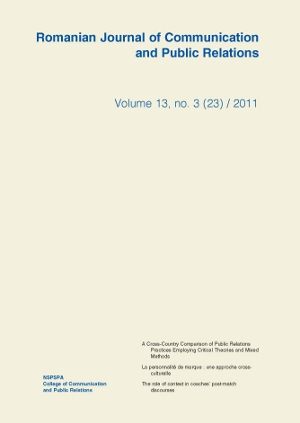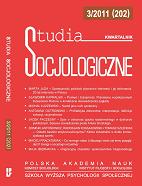
A Cross-Country Comparison of Public Relations Practices Employing Critical Theories and Mixed Methods
This study analyzes the configurations of public relations practices in France and in Romania, and the connections between such configurations and U.S.-based models of public relations, through critical theoretical lens, and with the aid of mixed research methods. The study has employed a content analysis of website materials and a thematic analysis of interviews. In the quantitative component, the websites of 50 firms in France and 50 firms in Romania –25 nationally-based firms and 25 headquarters/affiliates of international firms for each country – were content analyzed. In the qualitative component, 20 practitioners from public relations firms in France and 20 practitioners from public relations firms in Romania were interviewed. Overall, data collected through thematic analysis of interviews support data gathered through content analysis of websites. Regarding public relations activities, headquarters/affiliates of international public relations firms in France and in Romania, as well as nationally-based firms in Romania, share two main features: they are heavily influenced by U.S.-based public relations practices; yet they are associated with lower public relations models. By contrast, nationally-based firms in France carry out a different form of public relations, more independent from U.S.-based theories and practices and in the same time more connected to higher models of communication.
More...
